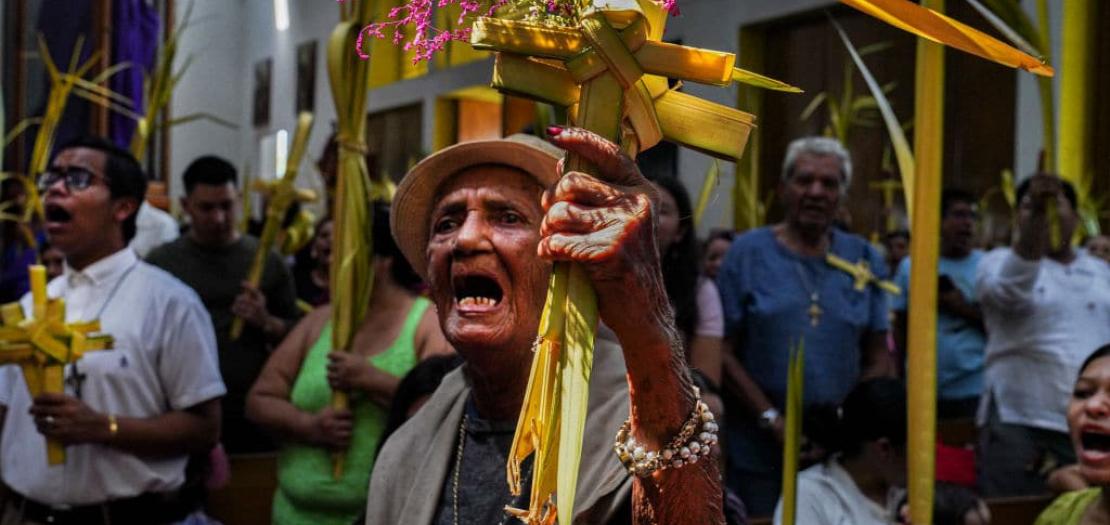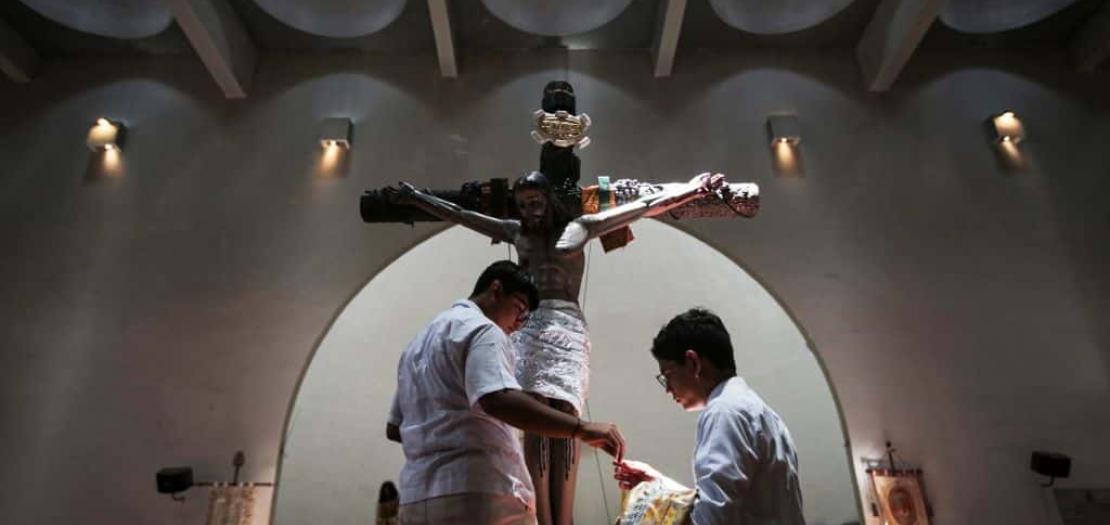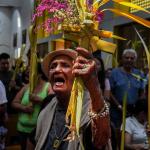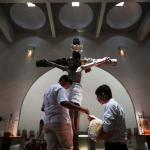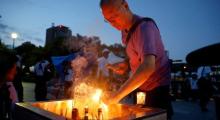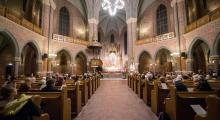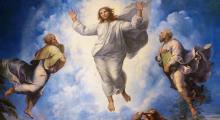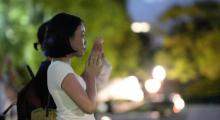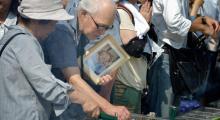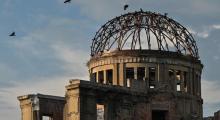Issued by the Catholic Center for Studies and Media - Jordan. Editor-in-chief Fr. Rif'at Bader - موقع أبونا abouna.org
At least 3,500 acts of religious piety in Nicaragua will have been forbidden by the Sandinista regime come the end of the 2025 Lenten period, it is reported.
Details of the clampdown come from lawyer Martha Patricia Molina, who monitors the persecution of the Catholic Church in the Central American country from exile in the United States, and who spoke to Crux about the regime’s efforts to stamp out this year’s Holy Week and Easter celebrations.
According to Molina, who keeps a network of clandestine informers in distinct parts of Nicaragua and receives reports from them concerning religious freedom, Palm Sunday was particularly eerie this year, with threats from security agents who broke into churches and took pictures from Mass attendants.
“Even children were menaced by the regime’s armed forces,” she said.
This was the third year in a row in which traditional processions and scenic activities were suspended by the government.
“There were no processions, and the traditional Judeas [theatrical enactments of the Passion and Jesus’ crucifixion] that happen every year all over the country during Lent and the Holy Week neither occurred this year,” Molina explained.
She said that policemen intimidated priests in several parts of the Central American nation, “threatening to put them in jail if they disobeyed their orders”.
“Those are very serious violations of the right to religious freedom, which is a human right that every Nicaraguan citizen has and that should be respected by the government,” Molina added.
At the beginning of Lent, the regime led by President Daniel Ortega and his wife, co-President Rosario Murillo, impeded two priests from returning to Nicaragua.
“Father Jalder Hernández was on a pastoral mission in the United States and wasn’t allowed to get into Nicaragua,” she said.
A member of the Archdiocese of Managua, Hernández had already endured persecution from Sandinistas, as the regime’s supporters are known. In 2018, when popular movements all over the country took to the streets and staged protests for several days, Hernández was attacked by Ortega supporters in the atrium of the Church of Saint James in Jinotepe.
Molina said another presbyter was forbidden to get into Nicaragua as he tried to return to his country from abroad. His name was not released.
“The Nicaraguan dictatorship keeps persecuting and attacking alleged critics, especially people who are involved with the Church, with a special focus on priests,” she says.
Auxiliary Bishop Silvio Baez of Managua, who had to leave the nation in 2019 and now lives in the United States, posted on his X social media account that even though the “Nicaragua dictatorship has banned street processions [it] cannot prevent the Crucified One from revealing His victory in every fight for truth and justice, every defence of human dignity, and every act of solidarity with the victims”.
In Managua, Cardinal Leopoldo Brenes celebrated a speedy Palm Sunday ceremony, with a small procession of churchgoers going around the cathedral itself. According to Spanish news agency EFE, a number of armed officers placed at specific points around the building kept the cathedral under continuous watch.
The promotion of “internal” Via Crucis processions on church grounds has become common in Nicaragua lately, with many local churches opting for them instead of more public ceremonies.
The crackdown this year comes in the wake of the Church having become seen since 2018 as a force of opposition, after several days of street protests shook the country that year. The attention given by Church organizations to members of the opposition and those organizations' tireless efforts to secure the lives and citizenship rights of opposition members led the Ortega administration to cut ties with most Catholic leaders.
Since then, the Church has been targeted by Sandinistas for being the major civic institution representing opposition.
According to Álvaro Leiva Sanchez, who heads the Central American Association of Promotion and Defence of Human Rights (known as ACDH-ANPDH) from exile in Costa Rica, the regime has been “seriously violating the religious rights of its people”.
“As a human rights organization, we have been permanently monitoring the deep religious crises that Nicaraguans have been enduring,” said Sánchez, who is also a delegate of the US mission to Central America and of the Canadian Human Rights International Organization (CHRIO).
Sánchez emphasized that the government has been spreading “terror” all over Nicaragua with its “policemen who abruptly get into the churches in order to reiterate that religious freedom is not being respected – even in this special period when processions are so important”.


